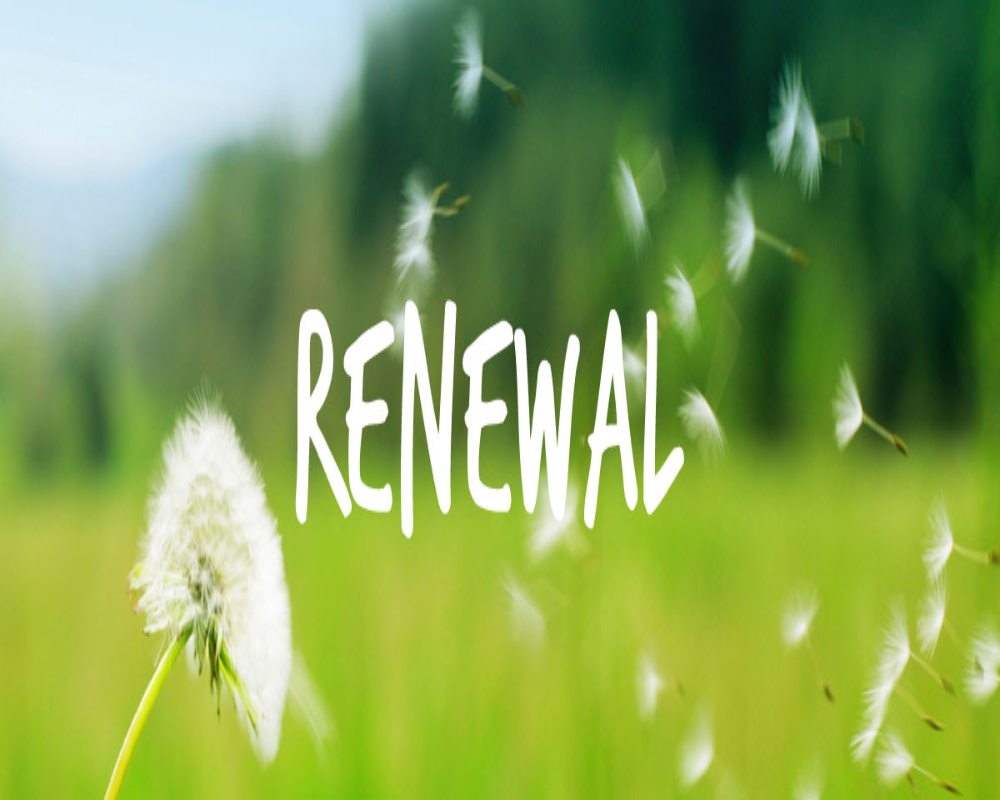Introduction
In the industrial sector, compliance with regulatory frameworks is not a one-time requirement but an ongoing responsibility. Among the key elements of this continuous compliance is the renewal of various operational licenses that govern the legal functioning of industrial units. A license renewal is a formal process through which an industrial establishment seeks to extend the validity of previously granted permissions, ensuring that it remains in alignment with updated legal, environmental, safety, and infrastructural regulations. The significance of license renewal lies in its ability to reinforce responsible operations, prevent unauthorized activities, and uphold public safety and environmental integrity.
The Purpose of Industrial License Renewal
Industrial units operate under the jurisdiction of several regulatory authorities, each of which issues specific licenses at the time of project approval or operational commencement. These licenses cover a wide range of aspects including factory operation, pollution control, fire safety, labor welfare, hazardous material handling, and utility services. As these approvals are typically granted for fixed timeframes, license renewal becomes essential for validating that the unit continues to function within prescribed norms. The renewal process acts as a checkpoint, allowing authorities to evaluate whether the industrial facility has maintained compliance with conditions such as pollution limits, safety measures, structural modifications, and workforce management.
In a rapidly evolving industrial environment, laws and guidelines are frequently updated to reflect new technological developments, environmental priorities, and labor policies. License renewal ensures that industrial units are not only adhering to their initial obligations but also adapting to these changing expectations. It becomes a structured mechanism to identify any deviations, address compliance gaps, and reinforce the commitment to safe and lawful operations.
Procedural Framework and Documentation Requirements
The process of license renewal typically begins well before the expiration of the current license. Most authorities prescribe a lead time within which the application for renewal must be submitted, often ranging from thirty to ninety days prior to expiry. The process involves submitting a formal application, updated operational and compliance data, proof of payment of fees, and in some cases, inspection reports or safety certifications.
Documentation plays a central role in the renewal process. Regulatory bodies may require performance records, environmental monitoring reports, audit findings, employee welfare compliance, and details of any structural or process-related changes in the unit. These documents provide a transparent view of the industrial facility’s operational health and adherence to the legal conditions set during the initial licensing period.
Authorities may conduct physical inspections or technical audits to validate the claims made in the renewal application. Based on this assessment, the license is either renewed for another specified term or kept pending until deficiencies are addressed. In cases where major non-compliances are detected, the license may be revoked or suspended, halting the unit’s operations until corrective action is taken.
Integration with Digital Systems and Modern Governance
To enhance efficiency and transparency, many state and national regulatory bodies have adopted digital portals and e-governance tools for license renewal. These systems enable industries to track license validity, receive renewal alerts, upload documentation, and make payments online. Single-window clearance platforms in industrial clusters or economic zones also allow centralized renewal of multiple permits, reducing administrative burdens and encouraging smoother business operations.
Despite digital transformation, the responsibility for compliance management still rests with the industrial unit. Establishing an internal compliance calendar, designating personnel for regulatory oversight, and regularly reviewing policy updates are essential practices that help ensure timely license renewals and uninterrupted operations.
Consequences of Delay or Non-Renewal
Failure to renew licenses on time can lead to serious consequences including financial penalties, suspension of services, legal actions, and even forced closure of the industrial facility. Such disruptions not only affect production schedules and customer commitments but also damage the organization’s reputation with regulatory bodies, investors, and the community. In some jurisdictions, operating without a valid license is considered a criminal offense, further escalating the legal risks for the enterprise.
Proactive management of license renewals is therefore not merely a compliance function but a strategic operational priority. It reflects the organization’s commitment to lawful conduct, risk management, and sustainable business practices.
Conclusion
License renewal for industrial units is an indispensable aspect of maintaining lawful, safe, and efficient operations in an increasingly regulated industrial landscape. It serves as a dynamic tool for aligning industrial activities with contemporary legal and environmental standards, reinforcing the trust of stakeholders, and ensuring business continuity. Through timely renewal processes, industries demonstrate their accountability, readiness for inspection, and adaptability to regulatory evolution. As governments continue to streamline compliance through digital innovation, industrial enterprises must respond with equal diligence to uphold the standards that define responsible industrial growth.
Hashtags
#LicenseRenewal #IndustrialUnits #Compliance #RegulatoryUpdates #BusinessGrowth #IndustryStandards #RenewalProcess #Sustainability #OperationalExcellence #Manufacturing #BusinessRegulations #PermitRenewal #IndustrialCompliance #SafetyStandards #EnvironmentalRegulations #BusinessContinuity #IndustryInsights #LegalRequirements #RenewYourLicense #StayCompliant


